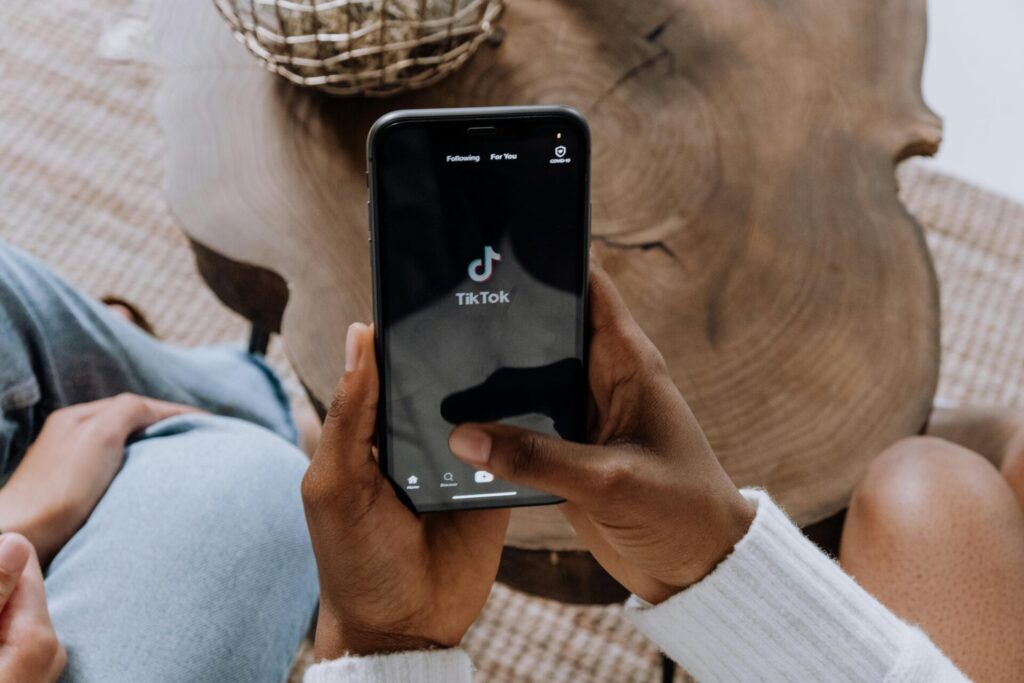Blog
Mighty multitaskers - how Gen Z students are getting it all done
Students have an average of 4 electronic devices each – and 83% of Gen Z students use multiple screens at once. So you could say they’re multitaskers. But how does this play out across their wider lives? We take a closer look at digital multitasking culture.

If you’ve been following youth culture for a while, you may have heard about the “low attention spans” of Gen Z and Gen Alpha. Their use of mobile devices is ubiquitous – and ownership is starting earlier and earlier. TikTok has crowned shortform as king – 3 minutes has become a long time to devote to viewing a piece of content. And aside from all of this, young people are generally just doing a lot more. They don’t have time to waste paying attention to things that don’t work for them.
And so, naturally, they multitask. They catch up on their Whatsapp correspondence while watching Netflix. They put a film on and play a mobile or PC game at the same time. Our research shows that 83% of Gen Z students use multiple screens at once – and the average number of screens they own comes in at 4 each.
One screen – one source of digital entertainment, or activity – is no longer enough.
The TikTok phenomenon
TikTok is synonymous with Gen Z at this point – it’s the app they’d keep on their phones if they could have just one. And by nature, TikTok is a way of multitasking. In one video, a young scroller might be pulled into a world of political activism – galvanised to act in the name of a cause. In the next, they might watch an army of dancing human-headed toilets engage in a surreal battle. In the next, they might purchase a loungewear set. Within three minutes, they’ve received value-shaping information, had a giggle, and bought a piece of clothing. It’s the social-media equivalent of a fairground waltzer – and Gen Zs have become all-too-used to lurching from one emotion to the next.

Brain rot and multitasking
It’s easy to see this way of living as an unstoppable consequence of living in the digital age. What is the real difference, after all, between flicking through Insta while watching Bridgerton and tidying your bedroom while Bridgerton plays in the background?
As it turns out, neither are great for your cognitive function – but in particular, “high media multitaskers showed poorer attention on cognitive tasks”. Doing the most, as it turns out, doesn’t equate to doing it all to a high standard.

In a recent edition of our monthly newsletter (native newsbites – if you don’t know, get to know), we discussed a new type of content emerging on TikTok. Banal, pointless and often nonsensical – with occasional forays into humour – Brain Rot content could be attributed to chronic multitasking. After all, if your attention is split across multiple platforms, the content you’re viewing can’t exactly sap your intellect.
And yet – every Gen Z student we spoke to about their screen time for our latest research was perceptive, analytical and self-aware. Their ability to take a step back and analyse their own digital behaviour made it clear that their brains were not, in fact, rotting. “I do worry”, says Sarah, a 22-year-old student at the University of Oxford. “I worry it’s damaging my eyes, or that I spend a lot of time not engaging with the world, or doing stuff to increase my intellect”.
Isabella – a 20-year-old University of Sussex student – says she spends “a good 7 hours per day” on screens. “It wasn’t really like that when I was a kid,” she says. “I mean, I was a kid, so I didn’t really need to use the internet to find things out. But so many more things were advertised in person. And I would find other ways to see my friends without messaging them because most of them didn’t have social media. Anyway, sometimes I kind of wish that less of my life was online.”

It becomes clear that being online – and multitasking online – hasn’t made Gen Z students any less smart. If anything, it has prepared them for a life where being busy and switching modes is becoming more and more of an essential skill. Students have more requirements and responsibilities than ever before – juggling part-time jobs, society and sports commitments, future career development, friendships, multiple streams of information, world-defining ethical causes, and – beneath it all – their studies.
Their lives are a constant juggling act. So – if they opt to scroll through socials mid-film – can we really blame them?
Interested in how digital multitasking affects brand preferences? Delve deeper by downloading the Student Life Report 2024.